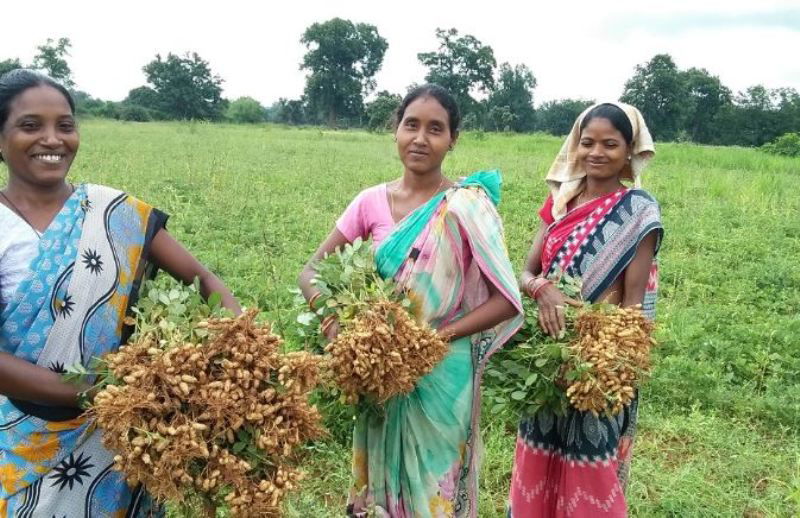
With the aim to financially empower tribals during the Coronavirus pandemic, the Government is planning to increase the MSP or minimum support price of minor forest produce (MFP) by 16 to 30 percent.
The list of products would include 20 new items like turmeric, cardamom and ginger, ban jeera, ban tulsi & raw bamboo brooms. In addition, forest products collected by the tribals in Northeast states will also be included.
The ministry of tribal affairs is expected to increase the MSP of 50 products that are collected by tribals from forests. The scheme that was launched in 2013-14 by the Congress-led UPA government, involves fixing minimum support price for identified MFPs collected by tribals in the remote areas. These tribals then sell the minor forest produce in village marketplaces. And if the market prices drop below MSP, the state government agencies move in to buy the produce. The decision to hike the MSP and include more items in the list has come at a time when the Central government is concerned that the tribals will not have sufficient money for basic essentials.

The state governments had closed the village marketplaces to avoid overcrowding during this pandemic situation. Tribal Cooperative Marketing Development Federation of India or TRIFED has recommended the MSP hike to ensure more disposable income for tribals. The decision was taken at a high-level meeting attended by 26 states via video conferencing on 16th April 2020.
It must be noted that this is the second time in 2 years when so many products have been brought under the ambit of MSP. In 2018, the ministry had doubled the products from 24 to 50. With the new additions, 70 minor forest produce would now be under the MSP scheme.
Managing director of TRIFED, Pravir Krishna said that “The decision was taken as the tribals need more help at this time. During nationwide lockdown there is a lack of essentials and if government agencies do not step in then, tribals would be pushed to sell their products to the middlemen who will not give them the right price. Hence we want to ensure they have enough food & money for essentials.”















